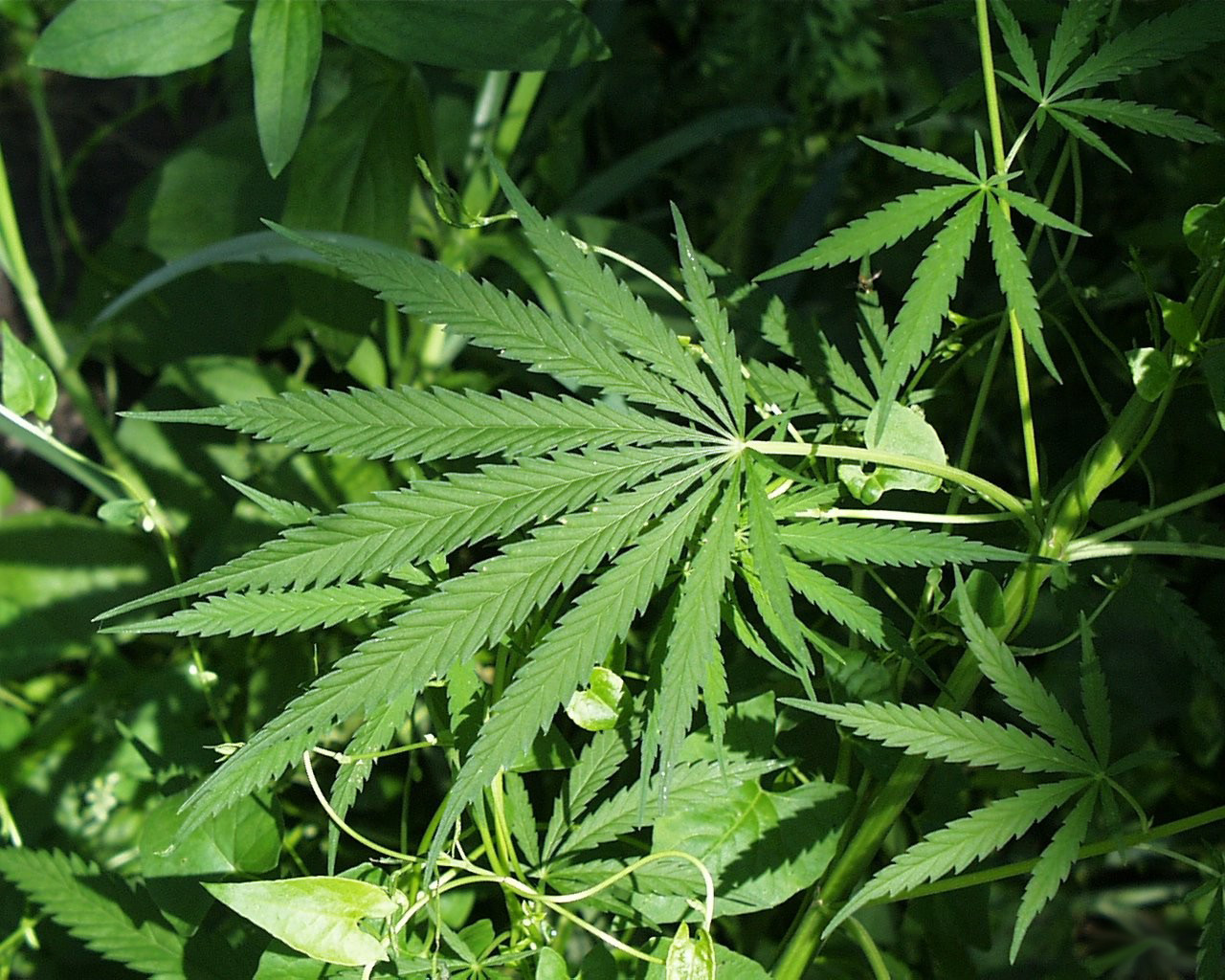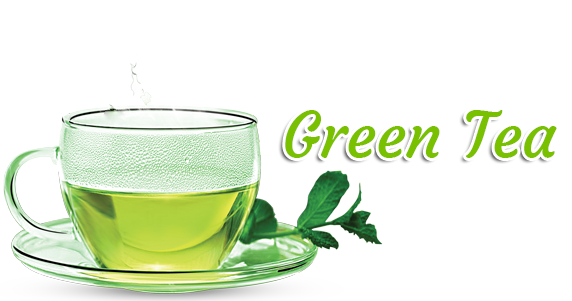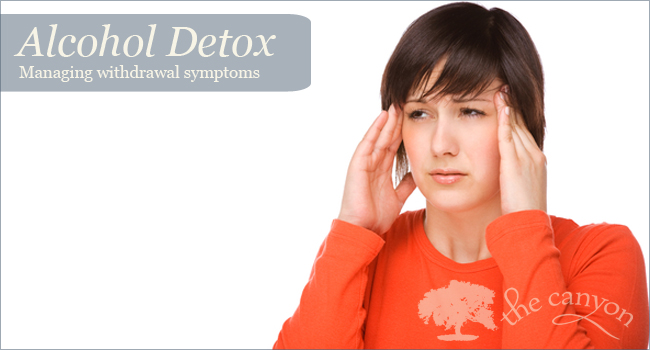Marijuana sold in a mixture of dried leaves and seeds

Marijuana sold in a mixture of dried leaves and seeds. The many street names does not qualify it to be great
Marijuana sold in a mixture of dried leaves and seeds: What is marijuana?
Currently, marijuana is one of the most abused drugs the world over. This drug has become the subject of discussion in many states as to whether is safe for consumption or not. As a matter of facts, some countries have legalized its usage. This has widen the gap between the scientific findings and belies about marijuana and the myths surrounding the same. Doctor Dalal Akoury MD and founder of AWAREmed Health and Wellness Resource Center says that, because of this many people think that because the drug is considered god in other states, it must be safe for use even if their states has criminalize it. Must as we want to respect people’s opinions, it is important notating that your body doesn’t have the distinction between a legal drug and an illegal one. It only understand the dangerous effects it has when used. Therefore the objective of this article is to put the facts right and clear any misunderstanding about marijuana.
Marijuana sold in a mixture of dried leaves and seeds: Indian hemp plant
This is the plant that bears this drug. Ordinarily, this drug is generated from the plant flowers buds and focused it is mixed with the seeds, leaves, and stems of the plant and so marijuana sold as a mixture of the four elements. Its close associate known as hashish is tan, brown or black resin that is dried and pressed into bars, sticks or balls and when smoked, both marijuana and hashish give off a distinctive, sweet odor. Nonetheless, it must be noted that the content of these substances include over 400 chemicals. The chemical that causes intoxication or the “high” in users is called THC (short for tetrahydrocannabinol). THC creates the mind-altering effects that classifies marijuana as a “drug.”
Marijuana sold in a mixture of dried leaves and seeds: Intoxication
Intoxication literally means “to poison by taking a toxic substance into your body.” Any substance that intoxicates causes changes in the body and the mind. It can create addiction or dependence, causing a person to want to take that drug even if it harms them. Another myth about marijuana is that being a plant many often say that it is natural and harmless. This is not true like for instance, hemlock is very poisonous despite being a natural plant. The other thing to know is that burning dried leaves and buds and inhaling the smoke into your lungs is absolutely not “natural” and like smoking cigarettes, can be harmful to your body.
Finally as for the medical uses of marijuana, it contains another chemical called CBD (short for cannibidiol). This is the substance most often associated with creating medical benefits. Unlike THC, CBD does not cause a high. Its medical benefits are still being studied, as are methods to breed marijuana plants with high CBD and low THC for medical use. But as things stand now, marijuana is a drug just like alcohol, cocaine, or ecstasy. And like these other drugs, it has side effects that can be harmful, so take the best decision of keeping off from marijuana and seek for professional solutions from doctor Dalal Akoury today.
Marijuana sold in a mixture of dried leaves and seeds: What is marijuana?
http://www.awaremednetwork.com/









